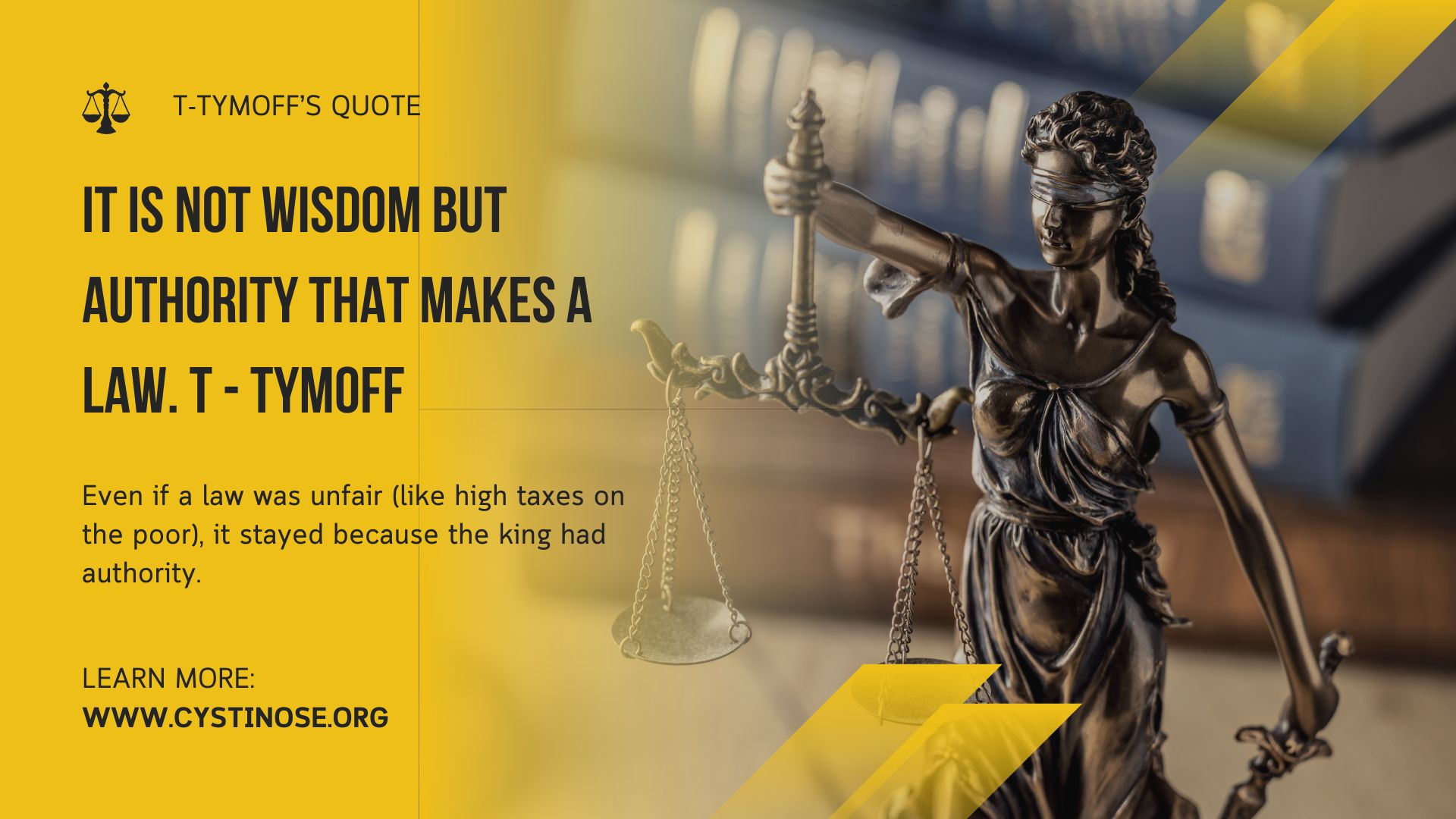
Appellant sellers challenged the ruling of the Superior Court for Santa Barbara County (California) which ruled in favor of respondent buyer in a dispute over a purchase contract.
In this case, a real estate agent represented respondent buyer and appellant sellers. Only at the time of the signing of the purchase contact for the property did appellant sellers receive the agency disclosure statement required to be given to them prior to the listing agreement. The purchase contract included a statement that the broker was acting as dual agent. Appellants’ attorney called respondent and told them that appellants had rescinded. Respondent filed a complaint against appellants for specific unruh civil rights act performance and damages. Appellants cross-complained for fraud, negligent misrepresentation, breach of fiduciary duty, rescission and declaratory relief. The trial court ruled in favor of respondent. Appellants contended that the broker’s failure to provide them with an agency relationship disclosure statement prior to entering into the listing agreement made the listing agreement voidable. The court held that the broker failed to substantially comply with Cal. Civ. Code § 2374 and that appellants might be entitled to rescission.
The court reversed the ruling of the trial court because further investigation was needed on whether under the circumstances a misstatement concerning appellants’ responsibility for paying the broker constituted grounds for rescission.
Appellant client sought review of a judgment by the Superior Court of the City and County of San Francisco (California), which rendered judgment in favor of respondent law firm in the law firm’s action against the client for unpaid legal services.
The law firm initiated an action against the client, who was the surviving member of a co-partnership, for the reasonable value of professional services rendered by the law firm to the copartnership. The trial court entered judgment in favor of the law firm. On review, the court affirmed the judgment of the trial court. In reaching its decision, the court held that recovery for the services rendered was not barred by the statute of limitations. The court found that the amount of the verdict represented the reasonable value of the services, which the jury found not to have been barred by the statute of limitations. Moreover, the court found no errors in the evidentiary rulings by the trial court. The court concluded that the evidence was sufficient to justify the verdict. Thus, the court held that the issues presented were fairly tried and that the amount of the verdict was not disproportionate to the value of the services rendered by the law firm.
The court affirmed the judgment of the trial court in favor of the law firm.






